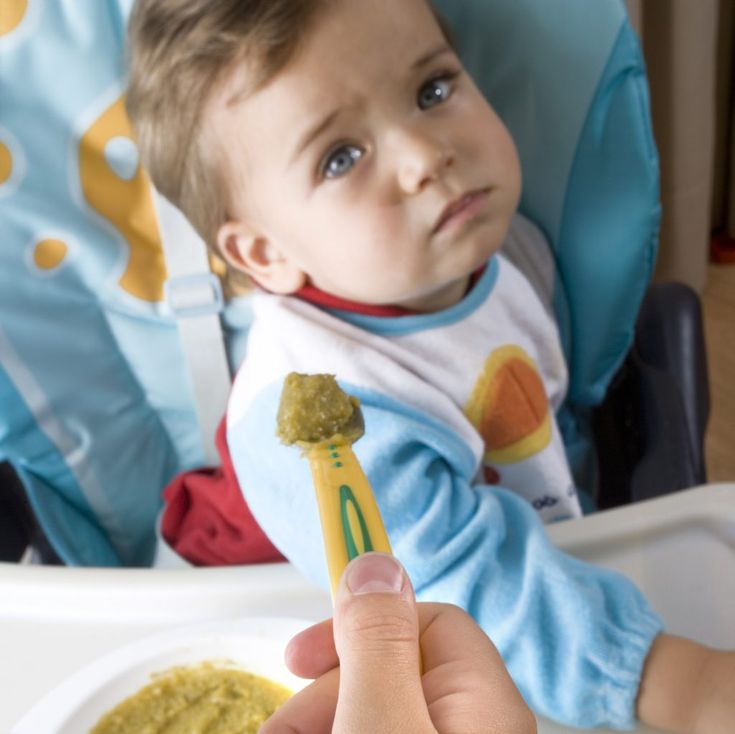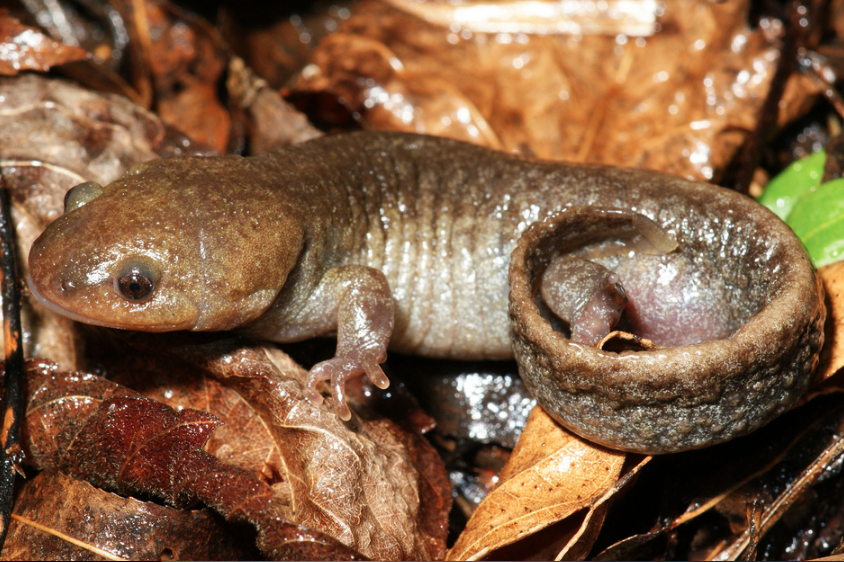Monster baby feeding
Your Baby Monsters: A Mini-Guide to Their Care and Feeding | by Laura Grey
From left: Twiggus, Flerjoob, Snorgustuflox and ZmoojiusIn order to keep your baby monsters healthy and happy during their crucial early months, Dr. Skeezix Fremulon has formulated this short-form guide to baby monster care based on his original three-volume classic guide to a monster’s first year. We at Téras Publishing have provided Dr. Fremulon with key details about your particular monsters so that we may provide you with this customized guide.
First, Meet Your Monsters
All four of your monsters are crepuscular fneedids, and each first emerged from its hanging cave pod at twilight during a January full moon. As you know, crepuscular monsters prefer to dine at twilight and absolutely avoid noshing during the noon or midnight hours. Because they are young, they need more sleep than adult monsters. They do best when allowed to rest suspended upside-down like bats, but they are versatile beings and can adapt to resting in any position given practice.
Being flabjescent (finger-dwelling) monsters, they sleep with their eyes open so that they can always be aware of micromovements that might require them to rearrange their eyes, claws, antennae or fingers. Do not be alarmed if you awake to find them staring at you. They may actually be sleeping. If they are awake, you are likely to find that they are simply admiring your good looks.
Monster #1: Twiggus
Twiggus is a Jaundiced Pricklebelly. A gentle, jovial soul, her favorite foods are gooseberries and Triscuits. Her gelatinous eye pockets are light-sensitive and they act as night-vision goggles that allow her to see in perfect darkness. Her antennae are ticklish, so be careful that when you flex them, you do so delicately. Twiggus likes nomming lightly on fingertips and rolling in cotton balls. Her favorite performer is Charles Mingus.
Likes: Ginger-lemon tea, being read to during late-morning snack time, doing needlepoint, engaging in philosophical discourse
Dislikes: Chervil, mangoes, Hanna-Barbera cartoons, the letter M
Monster #2: Flerjoob
Flerjoob is a Tangerine Zogulanthropus. Anxious and easily startled, he needs frequent soothing. Though he does not own an automobile, he is always worried that he has misplaced his car keys. Has a tendency to shriek quietly when startled, and he startles easily. His shrieks are barely audible, but they rattle Snorgustuflox, so they are best avoided. When he is nervous, he finds tapioca pudding and golden raisins very comforting.
Anxious and easily startled, he needs frequent soothing. Though he does not own an automobile, he is always worried that he has misplaced his car keys. Has a tendency to shriek quietly when startled, and he startles easily. His shrieks are barely audible, but they rattle Snorgustuflox, so they are best avoided. When he is nervous, he finds tapioca pudding and golden raisins very comforting.
Likes: Having his teeth counted, being told that he’s a good boy, doing jigsaw puzzles featuring photos of rubber ducks, sharpening crayons
Dislikes: Loud noises, strobe lights, polyester blends, bar soap
Monster #3: Snorgustuflox
Snorgustuflox is a Celery Queezix. Singularly lacking in self-awareness, Snorgustuflox thinks he is easy-going and friendly because he waves at everyone all the time, but his gruff barking voice and aggressive manner often put people off. He is desperate for friendship and will wiggle his ferny antennae with glee when having a conversation with a new friend, but his direct questioning and habit of interrupting may be considered rude.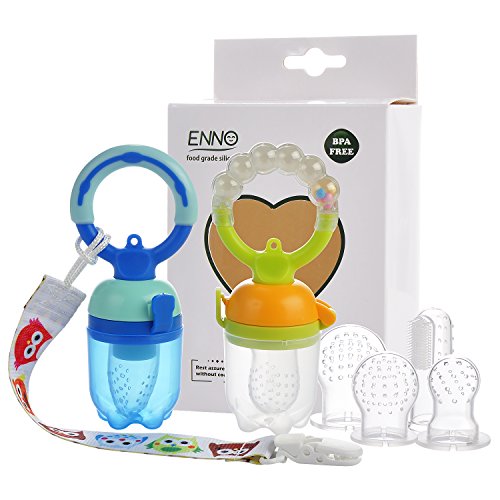 He reacts badly to time-outs and benefits from a more relaxed approach. Gentle reminders and pleasant distractions when he becomes overbearing work best.
He reacts badly to time-outs and benefits from a more relaxed approach. Gentle reminders and pleasant distractions when he becomes overbearing work best.
Likes: Cilantro-based herb blends, under-ripe bananas, hang gliding, luna moths
Dislikes: Fox News, cough syrup, backgammon, socks
Monster #4: Zmoojius
Zmoojius is a Flangified Multiocularian. A practical joker, she likes bending her eyestalks around corners, sticking them into things and commenting on what she sees. As a rare aubergine-snooted variety, she tends toward self-importance, but she has a good heart and is more likely to pick flowers for you with her clasping flangicles than to pinch you with them. A romantic monster, she enjoys eating Valentine heart candies and listening to soft-rock ballads while staring up at the moon.
Likes: Rom-coms, cornstarch, the way people’s eyes scrunch up when they smile, sphagnum moss
Dislikes: Cider vinegar, dust mites, egg salad, stand-up comedy specials
In Conclusion: Relax and Enjoy Your New Friends!
It is normal for baby monsters to sleep for up to 23 hours a day and to cluster together in strange combinations. They play a mini-monster variant of Twister that requires no mat or spinner, so don’t be surprised if you find them gathering and piling up in unexpected ways. They are quite fond of bubble baths and underwater toe rides. They play hide and seek whenever possible, and particularly enjoy hiding in medicine cabinets, refrigerators, sock drawers and glove compartments.
They play a mini-monster variant of Twister that requires no mat or spinner, so don’t be surprised if you find them gathering and piling up in unexpected ways. They are quite fond of bubble baths and underwater toe rides. They play hide and seek whenever possible, and particularly enjoy hiding in medicine cabinets, refrigerators, sock drawers and glove compartments.
While your monsters have strong opinions, they are gentle souls at heart. You will find that as long as they receive frequent smiles, kind words and good snacks, they are quite easy to live with and will provide years of enjoyable companionship.
_____
Laura has written parodies and humor pieces for the San Francisco Chronicle and the San Jose Metro Weekly. Other works by Laura Grey that you may enjoy include The Amorous Adventures of Bigfoot, Emotionally Scarring Toys and The World of a 1960s Housewife.
Boobie Monster Baby - Etsy.de
Etsy is no longer supporting older versions of your web browser in order to ensure that user data remains secure. Please update to the latest version.
Take full advantage of our site features by enabling JavaScript.
Find something memorable, join a community doing good.
( 61 relevant results, with Ads Sellers looking to grow their business and reach more interested buyers can use Etsy’s advertising platform to promote their items. You’ll see ad results based on factors like relevancy, and the amount sellers pay per click. Learn more. )
When a child is a monster, Psychology - Gestalt Club
When a child is a monster
- Author of the article: Galina Zaripova
If someone was called a monster and others became call him a monster and everyone treats him like a monster through for a while he himself begins to believe that he is a monster.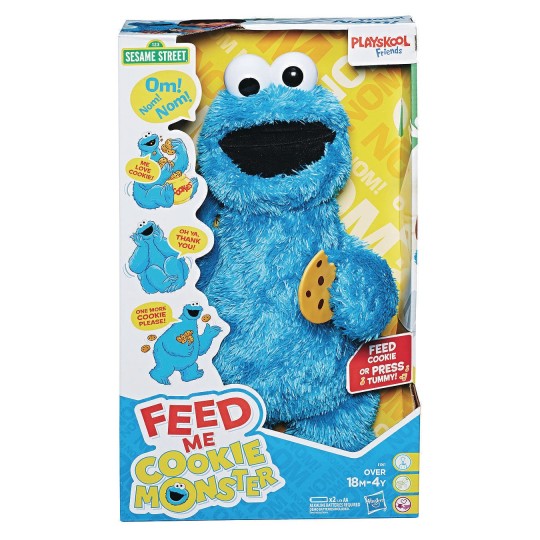 He considers himself a monster and behaves like a monster. But at the same time, he not a monster. Deep down he is very, very good.
He considers himself a monster and behaves like a monster. But at the same time, he not a monster. Deep down he is very, very good.
"I don't believe in monsters" Louis Sachar
“You know, she is so suggestible to me, no matter what say - everything will be done! Girls knocked out dirty tricks to do or lessons walk - goes and does. How will she continue to live?!”
“And mine, just some kind of horror! You can't imagine what is he doing! From him the teacher in the garden was horrified, now brings the teacher. I'm just crazy about his antics. At home he completely uncontrollable, no one orders him, hands fall!
Who are we talking about? About a 6 year old girl and an 8 year old boy. Fairy tale in real life "Monster and Beast".
What happens to a child when he hears about himself such words? He believes he is bad. His actions are disgusting. and terrible. Everything he touches turns into
gold
rubbish and debris. Such a life is clear and simple. "No one has me loves, so I don't love you. And if so, then I can do what I don’t care what you think of me”
Such a life is clear and simple. "No one has me loves, so I don't love you. And if so, then I can do what I don’t care what you think of me”
Such a life can even be enjoyable and pleasure. Isn't it nice to be the baddest, the most "chief a monster that no one can handle?! What strength hiding under the mask of a monster!
But back to the parents. amazing adult the ability to give everything a name, to put a label on it. As if then life becomes simpler and clearer. And on the one hand, assignment name helps to cope with Chaos, streamline, personalize happening around. If we know that snow is white, then we will already be wary of gray, yellow or lilac snow, and we will react faster to the smell of gas or burnt, because we are already familiar with these manifestations.
But there is another side. Explain to yourself adult, child behavior. While in the arms of a breastfed baby, everything explained by a simple enumeration - hungry, wet, cold, colic, teeth, weather, jinxed.![]() But the baby grew up, crawled, went and something demands, achieves and wants something. And here are the replies: "Bite on evil! Specially does not go to the potty! Refuses to teach letters, lazybones, so that I read to him! Gouging like his father!” Time passes, and a randomly thrown word is fixed in speech: “Our slow-witted yesterday did not learn the verse! And my little one is already I tore my second skirt!” And now that kid, whose sniffing was once touching, and a monster appeared.
But the baby grew up, crawled, went and something demands, achieves and wants something. And here are the replies: "Bite on evil! Specially does not go to the potty! Refuses to teach letters, lazybones, so that I read to him! Gouging like his father!” Time passes, and a randomly thrown word is fixed in speech: “Our slow-witted yesterday did not learn the verse! And my little one is already I tore my second skirt!” And now that kid, whose sniffing was once touching, and a monster appeared.
Name the child's behavior, "call" him - that's what becomes a top priority. Assign a category and fight with all your might forces, sincerely wondering where it comes from.
Usually, faced in consultations with such "shortcut", I propose a simple game.
So, take a sheet of paper, a marker or felt-tip pen, and circle your child's hand.
Mark the time and write in each finger quality that you do not like in a child. (Stop time)
Turn the sheet over, note the time again and on the reverse side, reformulate the qualities so that from the negative they became positive. (Stop time)
(Stop time)
Analyze the resulting drawings. If you you wrote the qualities with a NOT particle, change them. If there are qualities description of which there are actions - also rename. For example, (1) rude - (2) so as not to be rude - (3) polite.
What was more difficult to write? Which side of the palm do you Like? Do you notice how your attitude towards one and the same child, just by changing the words? Which child is more pleasant communicate?
The mother of a two-year-old child asked: “How to teach him bring things to a close? He cannot insert the figure into the sorter and throws him." To my surprise and question, what is wrong with this or terrible, she replied: “He will never bring things to end! He's going to school soon!"
Let yourself get to know your child again. Separate your fears, worries, anxiety about the possible future from a real child sitting in front of you. Remove restrictive shortcuts and you will experience a huge relief from a simple and delicious parenting!
If you have difficulties, misunderstandings in upbringing - contact.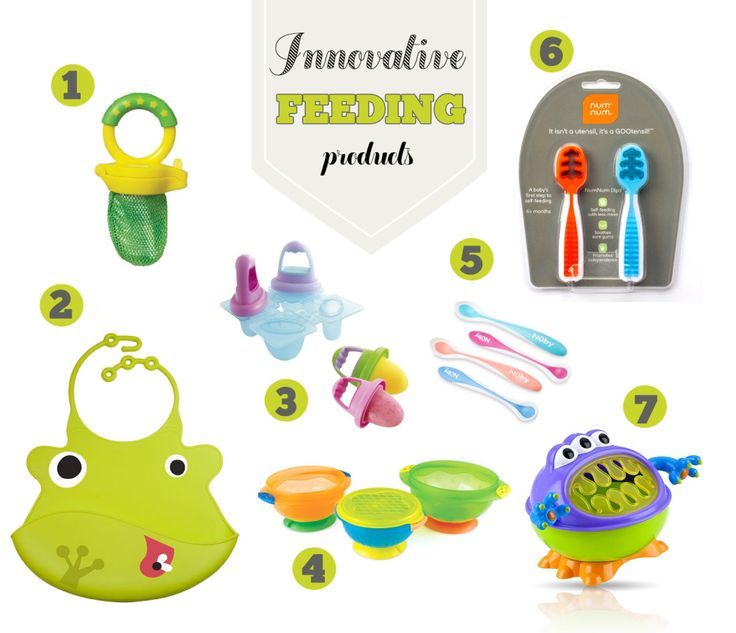 I'm sure we can find that recipe parenthood that's right for you!
I'm sure we can find that recipe parenthood that's right for you!
0
Like: 0
0 4898 0
Complain
Your message
7 reasons why it is good to be afraid of monsters
Many children are afraid of monsters, this is a very common thing. You probably also were afraid of all sorts of monsters and ghosts when you were little. You should not worry about this, it is completely normal and most children outgrow their fears over time. We bring to your attention 7 reasons to consider children's fear of monsters a good thing for them.
Vivid imagination:
There is nothing wrong with your child being afraid of monsters. In fact, this is a sign that the child has a good vivid imagination, which will be useful to him in the future. From children who can take some episode from the film and find dozens of reasons for being afraid of something, they later grow up to be very resourceful individuals with creative thinking and the ability to solve the problems assigned to them. Maybe such children will create their own fantasy stories in the future. Imagination should be developed from a very early age, because before the time children reach adulthood, their ability to use their imagination is greatly reduced.
Maybe such children will create their own fantasy stories in the future. Imagination should be developed from a very early age, because before the time children reach adulthood, their ability to use their imagination is greatly reduced.
A healthy respect for danger:
Often children can feel powerful and invincible, which pushes them to do stupid and risky things. When children still have at least some fear of monsters, it helps them to be more careful at an early age and as adults. If no fears and problems arise in the life of a child, then they may develop a false idea of a cloudless and carefree life. Children can often take risks by doing dangerous stunts on a bike or skateboard, for example, and cultivating a healthy respect for dangerous things from an early age will lead to a more respectful attitude towards danger later on.
Your child's sensitivity:
Children who are afraid of monsters are more sensitive. There is nothing wrong with this and vice versa, this quality will help them become empathetic and caring adults. After all, no one wants their children to grow up callous and insensitive to the horrors in real life. If a child watches violence on TV and it does not affect him in any way, then this attitude may be a cause for concern for parents. Decreased sensitivity in children when they are young can lead to problems in adulthood. Of course, parents also do not want their children to have nightmares at night, but for this they should already limit their contact with films and video games that contain scenes of violence.
After all, no one wants their children to grow up callous and insensitive to the horrors in real life. If a child watches violence on TV and it does not affect him in any way, then this attitude may be a cause for concern for parents. Decreased sensitivity in children when they are young can lead to problems in adulthood. Of course, parents also do not want their children to have nightmares at night, but for this they should already limit their contact with films and video games that contain scenes of violence.
Learn compassion:
When little children are afraid of scary monsters, parents treat them with compassion. At this time, children learn from adults how to show compassion for others. Agree that it is not so bad when children show empathy for others. Doctors and nurses show compassion every day. In this day and age, when children bully each other in schools, parents should teach their children by example to be more compassionate for the misfortunes of others.
Opportunity to build confidence:
It is perfectly normal for children aged 3-8 to be afraid of monsters in the closet or under the bed, but for adults this can be a good opportunity to come to the child's rescue. Most children who are afraid of monsters tend to suffer from nightmares and may be woken up by their own screams in the middle of the night. And instead of grumbling about being awakened in the middle of the night, try talking to your baby about how you can defeat a dreaming dragon or monster. If your child learns to trust you to tell their nightmares, then they are more likely to be able to talk to you in the future about, for example, someone offering them drugs at their 13 years old.
Most children who are afraid of monsters tend to suffer from nightmares and may be woken up by their own screams in the middle of the night. And instead of grumbling about being awakened in the middle of the night, try talking to your baby about how you can defeat a dreaming dragon or monster. If your child learns to trust you to tell their nightmares, then they are more likely to be able to talk to you in the future about, for example, someone offering them drugs at their 13 years old.
Life stage:
This type of fear is a necessary step in your child's development. Every person is born with natural instincts of fear. Small children cry when they are scared. Children aged 6 to 18 months may develop a fear of strangers, which they successfully outgrow. Children between the ages of 3 and 6 are afraid of monsters and it just means that they see their environment in their own way and that they think about things a little differently. Over time, this will pass, and your child will have a valuable lesson in life.






